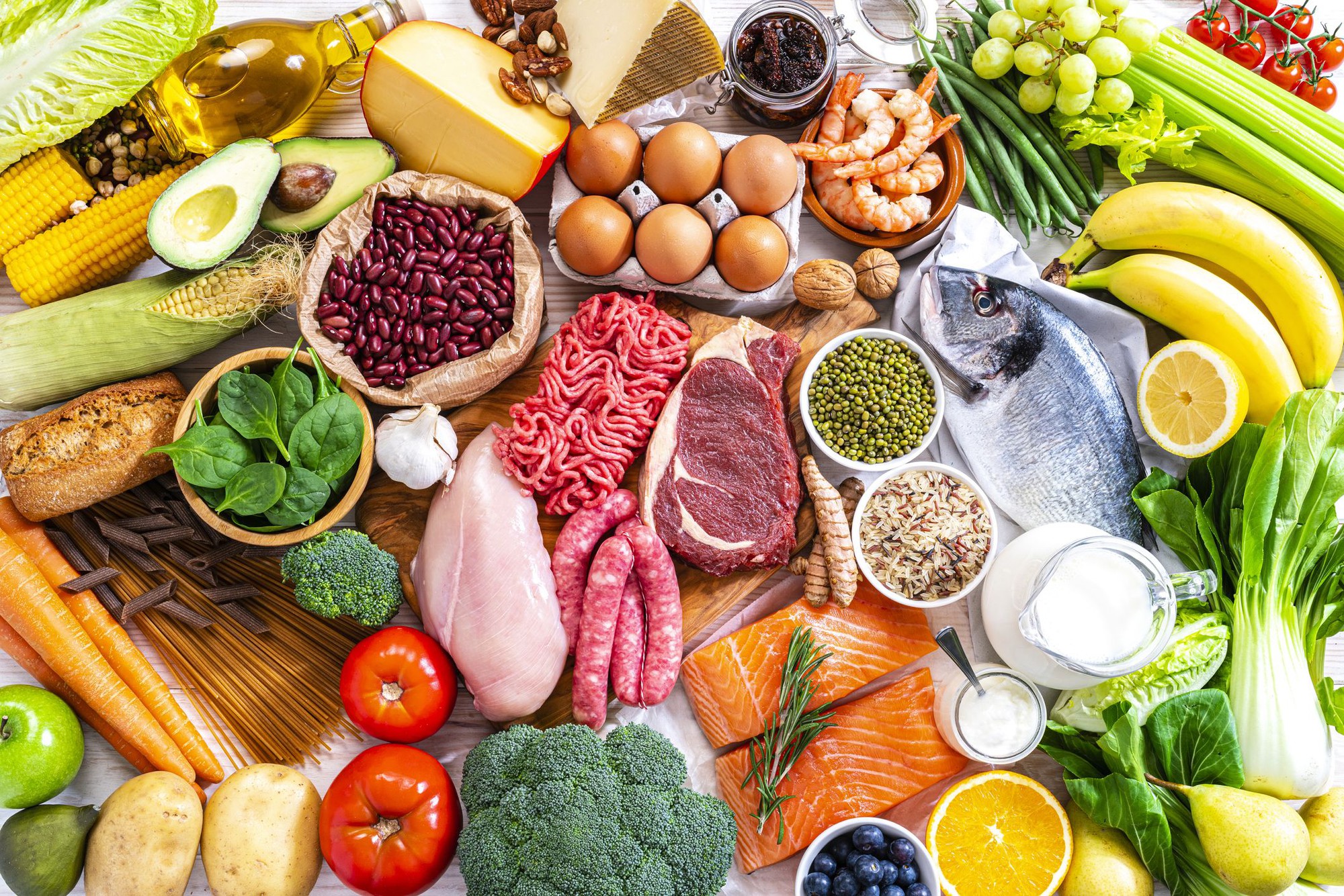Losing weight is a goal that many individuals strive for, but the journey can often be fraught with challenges. One effective strategy that has garnered significant attention in recent years is the inclusion of sufficient protein in the diet. But how much protein do you actually need each day to lose weight efficiently? Let’s delve into the science and understand the importance of protein in weight loss.

Understanding Protein and Its Role in Weight Loss
Protein is one of the three macronutrients that our bodies need, alongside fats and carbohydrates. It plays a vital role in the body, including:
- Building and repairing tissues: Protein is essential for muscle repair and regeneration after exercise.
- Hormone production: Many hormones are made from proteins, facilitating various bodily functions.
- Immune functions: Certain proteins support the body’s immune system, helping to fend off illness.
But beyond these essential functions, protein is particularly beneficial for weight loss. Here are several key reasons why increasing protein intake can aid in your weight loss journey:
1. Increased Satiety
Research suggests that protein is more satiating than carbohydrates or fats. Including a higher proportion of protein in your diet can help you feel fuller longer, which may reduce overall calorie intake. This means you’re less likely to snack mindlessly or overeat at meals.
2. Preserving Muscle Mass
When you lose weight, it’s crucial to minimize the loss of lean muscle mass. Adequate protein intake can help spare muscle tissue while promoting fat loss. This is particularly important since muscle burns more calories at rest compared to fat, thereby contributing to a higher metabolic rate.
3. Thermic Effect of Food (TEF)
Protein has a higher thermic effect compared to fats and carbohydrates. This means that your body expends more energy digesting and processing protein-rich foods. By eating more protein, you can actually boost your metabolism slightly, contributing to weight loss.
How Much Protein Do You Need?
Determining the right amount of protein for weight loss can vary based on several factors, including age, sex, physical activity level, and overall dietary goals. However, general guidelines can help you find a suitable protein intake level.
General Recommendations
For most individuals looking to lose weight, a protein intake of about 1.6 to 2.2 grams of protein per kilogram of body weight (or approximately 0.73 to 1 gram per pound) is recommended. This range ensures enough protein to support muscle preservation, satiety, and metabolism during a calorie deficit.
Example Calculation
Let’s say you weigh 70 kilograms (154 pounds).
- Low End: 70 kg x 1.6 g = 112 g of protein per day
- High End: 70 kg x 2.2 g = 154 g of protein per day
This means, in your case, aiming for a daily protein intake between 112 grams to 154 grams can be beneficial for weight loss.
Adjusting for Activity Levels
If you are physically active, especially if you engage in resistance training or high-intensity workouts, you may want to err on the higher end of the protein intake spectrum. Athletes or individuals with rigorous training regimens might benefit from taking in around 2.2 grams of protein per kilogram of body weight to enhance recovery and muscle growth.
Sources of Protein
Incorporating a variety of protein sources can not only help you reach your protein goals but also ensure that your diet remains balanced and nutritious. Here are some protein-rich foods to consider:
Animal-Based Proteins
- Lean Meats: Chicken breast, turkey, and lean cuts of beef or pork.
- Fish: Salmon, tuna, and tilapia are excellent sources of high-quality protein.
- Dairy: Greek yogurt, cottage cheese, and low-fat milk provide protein alongside beneficial nutrients like calcium.
Plant-Based Proteins
- Legumes: Lentils, chickpeas, and black beans are packed with protein and fiber.
- Nuts and Seeds: Almonds, chia seeds, and hemp seeds can add protein along with healthy fats.
- Tofu and Tempeh: These soy-based proteins are versatile options for vegetarians and vegans.
Protein Supplements
For some individuals, meeting protein needs through whole foods alone can be challenging. In such cases, protein supplements, like whey or plant-based protein powders, can be beneficial. However, it’s essential to use these supplements wisely and avoid excessive reliance on them.
Meal Planning for Protein Intake
To effectively reach your daily protein goals, consider the following meal-planning tips:
- Start the Day Right: Include a high-protein breakfast, such as an omelet with vegetables or Greek yogurt topped with berries and nuts.
- Snack Wisely: Choose protein-rich snacks, like a handful of nuts, a protein bar, or a smoothie made with protein powder, fruits, and spinach.
- Incorporate Protein in Every Meal: Ensure each meal includes a source of protein. For example, add grilled chicken to your salad or beans to your stir-fry.
- Meal Prepping: Preparing meals in advance can help you control portions and meet your protein needs without the temptation of convenience foods.
Common Misconceptions About Protein and Weight Loss
Myth 1: Higher Protein Intake Leads to Kidney Damage
This myth stems from misunderstandings about protein metabolism. For healthy individuals, a high protein intake does not cause kidney damage. However, those with preexisting kidney conditions should consult a healthcare professional.
Myth 2: All Protein Sources Are Equal
Not all protein sources offer the same benefits. Animal proteins often contain complete amino acids, while many plant sources may lack one or more essential amino acids. Combining various protein sources ensures you get a complete amino acid profile, which is crucial for muscle repair and growth.
Myth 3: You Need Protein Supplements for Weight Loss
While protein supplements can be convenient, they are not necessary for everyone. Whole food sources are typically more nutritious and can provide the same benefits as supplements when consumed in adequate amounts.
Conclusion
Determining how much protein to consume each day for effective weight loss is crucial to achieving your goals. Aim for 1.6 to 2.2 grams of protein per kilogram of body weight, depending on your activity level and personal preferences. Incorporate a variety of protein-rich foods into your diet, and plan meals accordingly to ensure that you not only meet your protein goals but also enjoy the process.
Protein is your ally in the weight loss journey, helping to enhance satiety, preserve lean muscle, and increase metabolism. Whether you’re just beginning or further along in your weight loss efforts, understanding the role of protein can empower you to make informed dietary choices that lead to sustained results. Always consult with a healthcare professional or registered dietitian if you have specific health concerns or dietary needs.
By making protein an integral part of your dietary strategy, you can set the foundation for successful weight loss and improved overall health.


